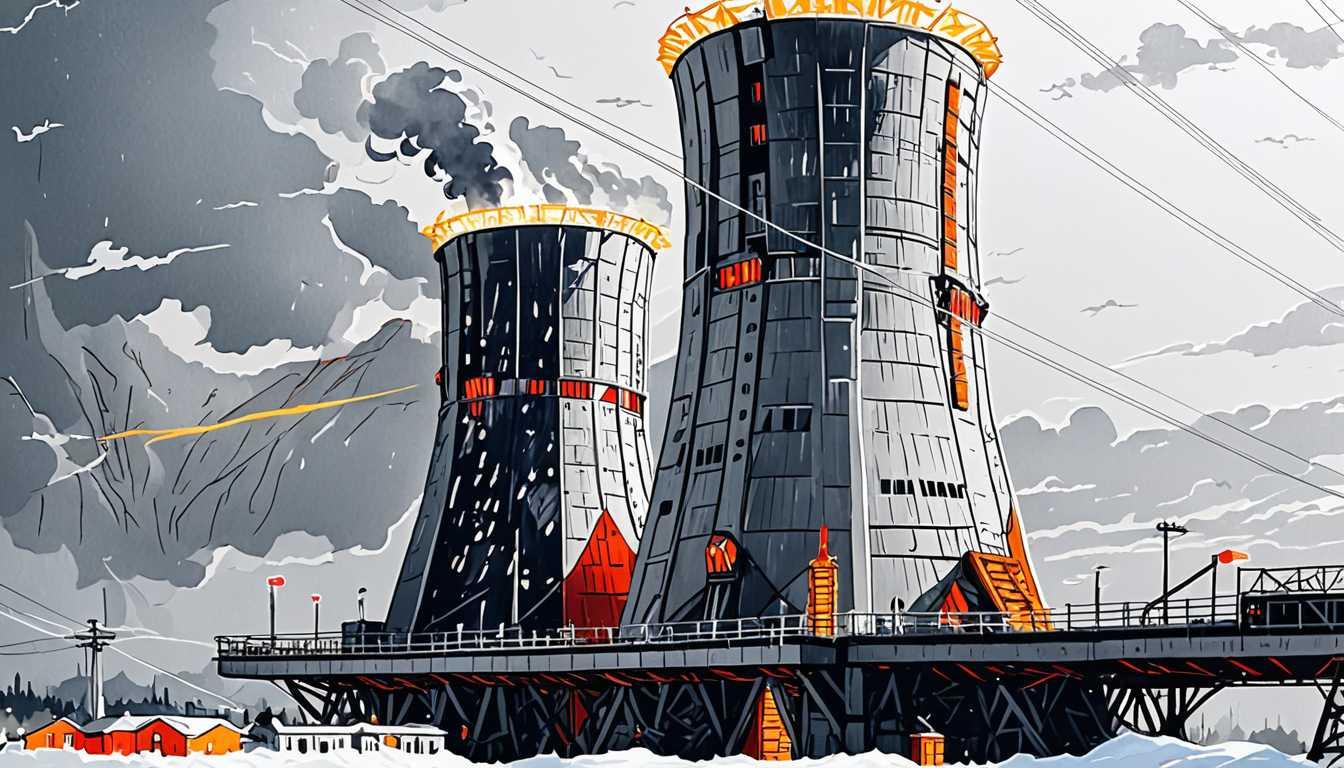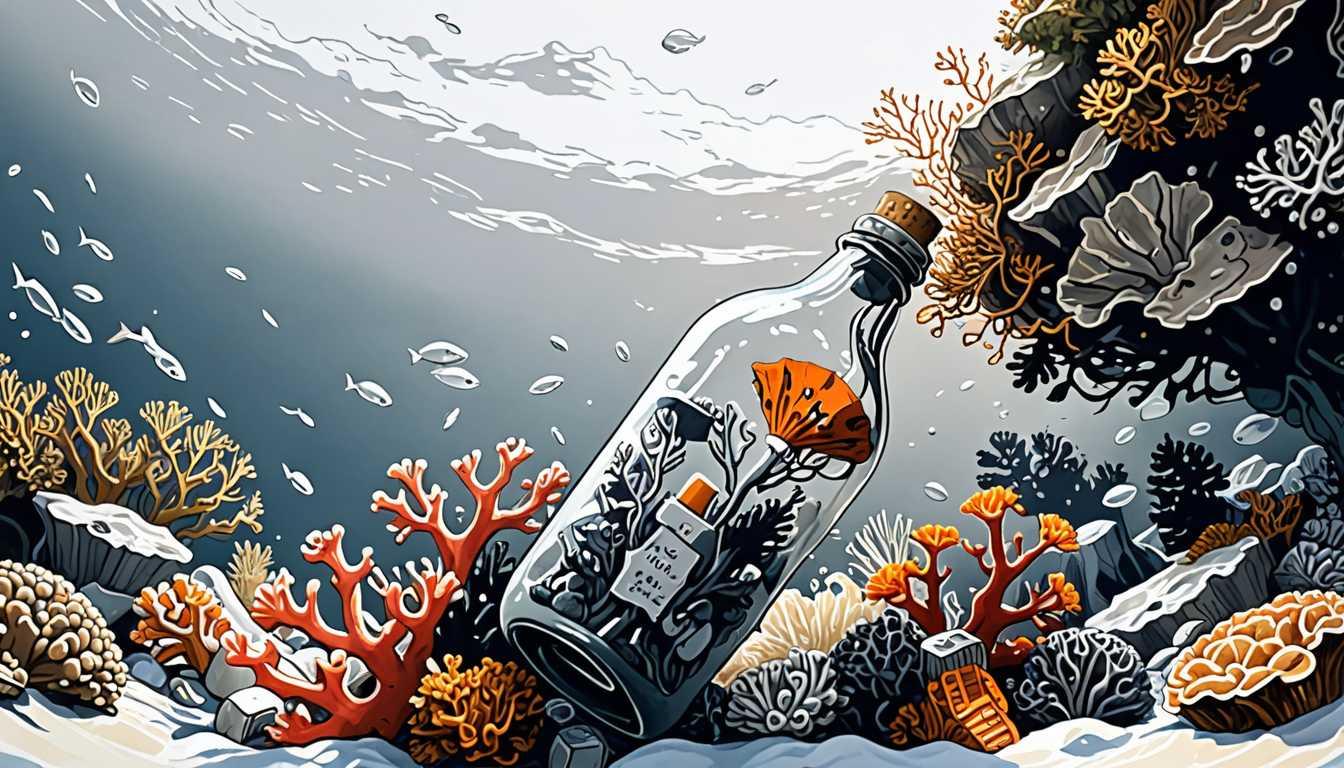Sustainability Unplugged: Your Choices Matter!
May 2024
MIT News
Introduction
Dive into "CellImage," where sustainability isn't just a buzzword—it's a way of life! This article illustrates how our everyday choices can lead to a greener planet. Curious about how your actions make a difference? You'll find surprising insights and maybe even a few laughs! Don't miss out on this opportunity to become a sustainability superstar. Check it out now!
READ FULL ARTICLEWhy It Matters
Discover how this topic shapes your world and future
Navigating the Climate Change Challenge
Understanding climate change is crucial because it affects every corner of our planet and impacts our lives directly. The commitments from the Paris Agreement and the Glasgow Climate Pact highlight the urgency of reducing global temperatures to avoid catastrophic consequences like rising sea levels and extreme weather events. Not only does this topic encourage discussions about environmental responsibility, but it also engages with vital questions about equity and justice. Why should some communities face the brunt of climate impacts while others remain insulated? This relates to you as a future leader, your actions today can help shape a sustainable tomorrow. Imagine being part of a generation that not only understands these challenges but actively works towards solutions. That’s an empowering thought!
Speak like a Scholar
Sustainability
The ability to meet our needs without compromising the ability of future generations to meet their own needs. Think of it like keeping a balance in nature!
Carbon Footprint
The total amount of greenhouse gases emitted directly or indirectly by a person, organization, or product, usually measured in units of carbon dioxide (CO2). Smaller footprints mean a healthier planet!
Greenhouse Gases
Gases in the atmosphere that trap heat, such as CO2 and methane. They’re like a blanket around Earth, but too much can cause overheating.
Equity
Fairness and justice in the way people are treated. In climate discussions, it means ensuring that everyone, especially the most vulnerable, has a voice and support.
Transition
The process of changing from one state or condition to another. In climate terms, this refers to moving from fossil fuels to renewable energy sources.
Resilience
The ability to recover quickly from difficulties or adapt to changes. Communities that are resilient can better handle climate impacts and bounce back stronger.
Independent Research Ideas
The Impact of Urbanization on Local Climate
Explore how cities contribute to climate change and what sustainable city designs can mitigate these effects. Investigating this could reveal innovative solutions for urban living.
Renewable Energy Jobs and Economic Growth
Analyze how transitioning to renewable energy sources like solar and wind can create jobs. This could uncover pathways for sustainable economic development.
Carbon Sequestration and Forest Management
Study how different forestry practices can absorb carbon dioxide and what policies can protect these natural systems. It’s a fascinating intersection of ecology and policy.
Comparative Analysis of Climate Policies
Evaluate the effectiveness of climate policies in different countries and their impacts on local communities. This could lead to insights on best practices and lessons learned.
Social Inequality and Climate Resilience
Investigate how social and economic inequalities affect communities' ability to adapt to climate change. This research can highlight the necessary policy changes for equitable climate action.
Related Articles

Three Mile Island: A Nuclear Comeback Story
September 2024
MIT Technology Review

Land: The Key to Climate Success
November 2024
MIT News

The Surprising Truth About Mycelium Materials
May 2024
University of Bristol

Plastic Pollution: A Treaty's Path to Change
November 2024
UC Berkeley NewsCenter

Bigger Cars, Bigger Climate Challenges
May 2024
MIT Technology Review